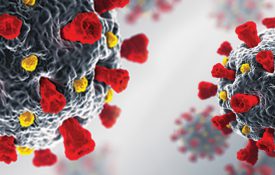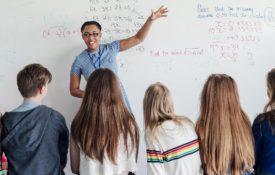-
Build Up Big-Team Science
Are some of science’s biggest questions simply unanswerable without redefining how research is done? This is the question that motivated the researchers who would later establish the ManyBabies Consortium: a grass-roots network of some 450 collaborators from more than 200 institutions who pool resources to complete massive studies on infant development (see, for example, ref. 1). Human infants are perhaps the most powerful learning machines on the planet — and understanding how that learning occurs could inform artificial intelligence, public policy, education and more. Yet a full understanding of infant learning seemed difficult (if not impossible) under the current research model.
-

Childhood Health and Cultural Inequalities: Women Pay the Price
A culturally underprivileged childhood increases a person’s risk of being less physically active in adulthood. This risk is greater for women than for men, according to new research published in the journal Psychological Science.
-

New Research From Clinical Psychological Science
A sample of research on nonsuicidal self-injury, emotion, pregnancy and mental health during COVID-19, rumination and learning, psychopathology models, antisocial behavior, close relationships and COVID-19, and the use of personality traits to predict mental health.
-

New Research in Psychological Science
A sample of research on number-to-space mapping, linguistic cues of lies in real life, stress and inflammation, fear responses, visual perception, group membership and copy of behaviors, how a narrative can change support for extremism, and object perception.
-

Psychology Meets Biology in COVID-19: Past, Present, and the Road to Recovery
Psychological scientists have long known that psychological and social factors can affect our responses to viral infections and vaccinations, but that critical connection seems to have eluded many of the public health officials and others charged with leading the global response to the COVID-19 pandemic in its early days.
-

Fertile Ground: Teachers’ Growth Mindsets Support Successful Interventions for Students
Teachers’ growth-mindset interventions may be particularly helpful for students who are struggling in the classroom.

